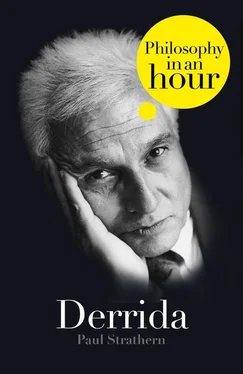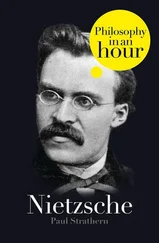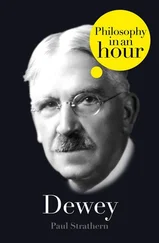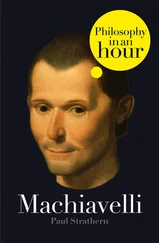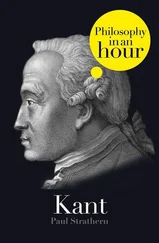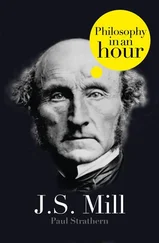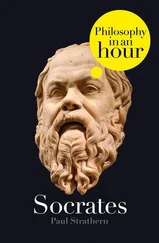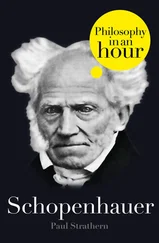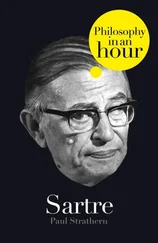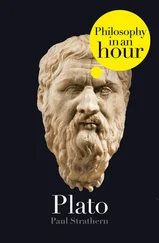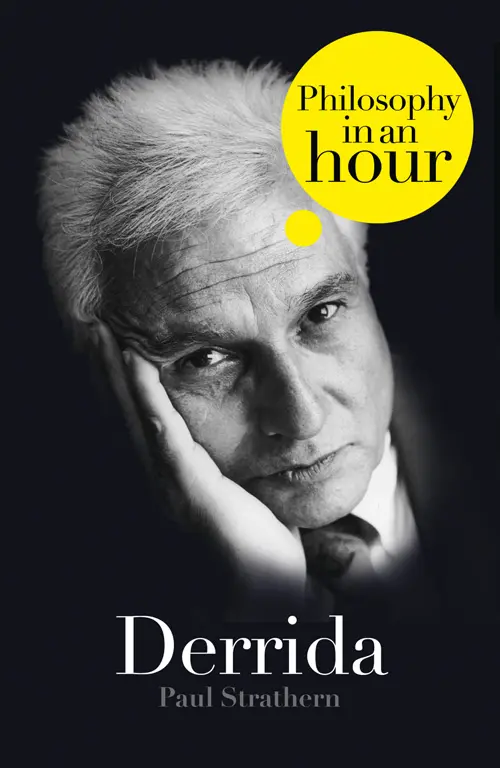
Derrida
PHILOSOPHY IN AN HOUR
Paul Strathern
Cover
Title Page Derrida PHILOSOPHY IN AN HOUR Paul Strathern
Introduction
Derrida’s Life and Works
Further Information Конец ознакомительного фрагмента. Текст предоставлен ООО «ЛитРес». Прочитайте эту книгу целиком, купив полную легальную версию на ЛитРес. Безопасно оплатить книгу можно банковской картой Visa, MasterCard, Maestro, со счета мобильного телефона, с платежного терминала, в салоне МТС или Связной, через PayPal, WebMoney, Яндекс.Деньги, QIWI Кошелек, бонусными картами или другим удобным Вам способом.
Derrida: Mixed Quotes and Mixed Reviews
Chronology of Significant Philosophical Dates
Chronology of Derrida’s Life and Times
Recommended Reading
About the Author
Copyright
About the Publisher
Introduction Contents Cover Title Page Derrida PHILOSOPHY IN AN HOUR Paul Strathern Introduction Derrida’s Life and Works Further Information Конец ознакомительного фрагмента. Текст предоставлен ООО «ЛитРес». Прочитайте эту книгу целиком, купив полную легальную версию на ЛитРес. Безопасно оплатить книгу можно банковской картой Visa, MasterCard, Maestro, со счета мобильного телефона, с платежного терминала, в салоне МТС или Связной, через PayPal, WebMoney, Яндекс.Деньги, QIWI Кошелек, бонусными картами или другим удобным Вам способом. Derrida: Mixed Quotes and Mixed Reviews Chronology of Significant Philosophical Dates Chronology of Derrida’s Life and Times Recommended Reading About the Author Copyright About the Publisher
“I love nothing better than remembering and Memory itself,” claimed Jacques Derrida in his 1984 memoir of his close friend, the philosopher Paul de Man, who had recently died. Yet at the same time Derrida confessed: “I have never known how to tell a story.” These two characteristics are far from being contradictory for the author. As he says of himself: “It is precisely because he keeps the memory that he loses the narrative.” The image remains “legible”; incorporating it in a “story” inevitably blurs this legibility, imposing interpretation. So far so good. It thus comes as something of a surprise when we discover that the ensuing memoir contains not a single image of his friend and absolutely no memories of him. Needless to say, there is not even a hint of story about him: this would impose interpretation. Yet paradoxically this entire so-called memoir is devoted to an interpretation of his friend’s intellectual achievement. In his own words, Derrida “dialogues obliquely” with de Man’s work, obscurely interpreting it with regard to “prudent explication” and “a battery of performative acts” by such figures as Heidegger, Austin, Hölderlin, and Nietzsche.
Any clear, commonsense approach to Derrida’s work thus labours under a severe disadvantage. Worse still, it goes completely against the author’s intention. It is therefore only fair to warn the reader that my attempt at clarity in the ensuing description of Derrida’s life and work would be regarded by its author as both counterproductive and hopelessly biased. Wit, on the other hand, is definitely permitted. Derrida is a great believer in jokes, puns, and humour. Yet here again we suffer a setback: this is specifically French intellectual humour. It derives from that modernist tradition of European Continental art and thought known as “the absurd.” When confronted with an absurd situation, innocent outsiders living beyond this privileged intellectual territory are wont to laugh. Such naiveté displays a woeful misunderstanding. The absurd is a notion of utmost seriousness. Similarly with Derrida’s humour. This is no laughing matter. It is not funny (except to French intellectuals). Such humour doesn’t play for laughs. Derrida may share a Jewish background with Woody Allen, but by no stretch of the imagination do they share a common humour. Whether the Manhattan hypochondriac or the great Parisian intellectual sheds more light on our varied humanity – in other words, is more “serious” – is another question.
Derrida’s Life and Works Contents Cover Title Page Derrida PHILOSOPHY IN AN HOUR Paul Strathern Introduction Derrida’s Life and Works Further Information Конец ознакомительного фрагмента. Текст предоставлен ООО «ЛитРес». Прочитайте эту книгу целиком, купив полную легальную версию на ЛитРес. Безопасно оплатить книгу можно банковской картой Visa, MasterCard, Maestro, со счета мобильного телефона, с платежного терминала, в салоне МТС или Связной, через PayPal, WebMoney, Яндекс.Деньги, QIWI Кошелек, бонусными картами или другим удобным Вам способом. Derrida: Mixed Quotes and Mixed Reviews Chronology of Significant Philosophical Dates Chronology of Derrida’s Life and Times Recommended Reading About the Author Copyright About the Publisher
Central to Derrida’s “deconstructionist” philosophy is his insistence: “There is nothing outside the text.” Despite this, and no matter which textual form it takes, the fact that Jacques Derrida was born in Algeria in 1930 would appear to remain impregnable to deconstructive assault. His family were petit bourgeois “assimilated” Jews, both part of the French colonial class and yet partial outsiders within it. He grew up in the capital, the seaside city of Algiers. Here the Europeans lived the easygoing empty Mediterranean life revolving between business, café, and beach – so tellingly evoked by the French-Algerian writer and philosopher Albert Camus in The Outsider. Derrida lived on rue Saint-Augustin, a fact that would play a leading yet somewhat serendipitous role in his 1991 autobiography. This he called Circumfession , its title implying the two main topics: circumcision and confession. Yet by the end of the work we are left little the wiser about details of either. At one point, apparently referring to himself, Derrida writes: “he circumcises himself, the ‘lyre’ in one hand, the knife in the other.” Yet some pages later he writes: “Circumcision remains the threat of what is making me write here.” The confessional element is equally muddied. At one point he addresses the reader with regard to his mother: “I lied to her all the time, as I do to all of you.” There follows a long Latin quotation from The Confessions of St. Augustine. Derrida’s “circumfession” has many Latin quotes from St. Augustine, with whom he seeks to identify. St. Augustine was in fact born in 354 A.D. in the Roman colony of Numidia, whose territory now forms part of Algeria. Other resemblances to the early Christian philosopher and religious confessionist are more fleeting. Besides identifying with St. Augustine, Derrida also fantasises about him, envisioning the Christian saint “as a little homosexual Jew (from Algiers or New York),” and even refers to his own “impossible homosexuality.” At another point he professes: “I do not know Saint Augustine.” Having established this much, we can now move on to more factual ground.
Читать дальше
